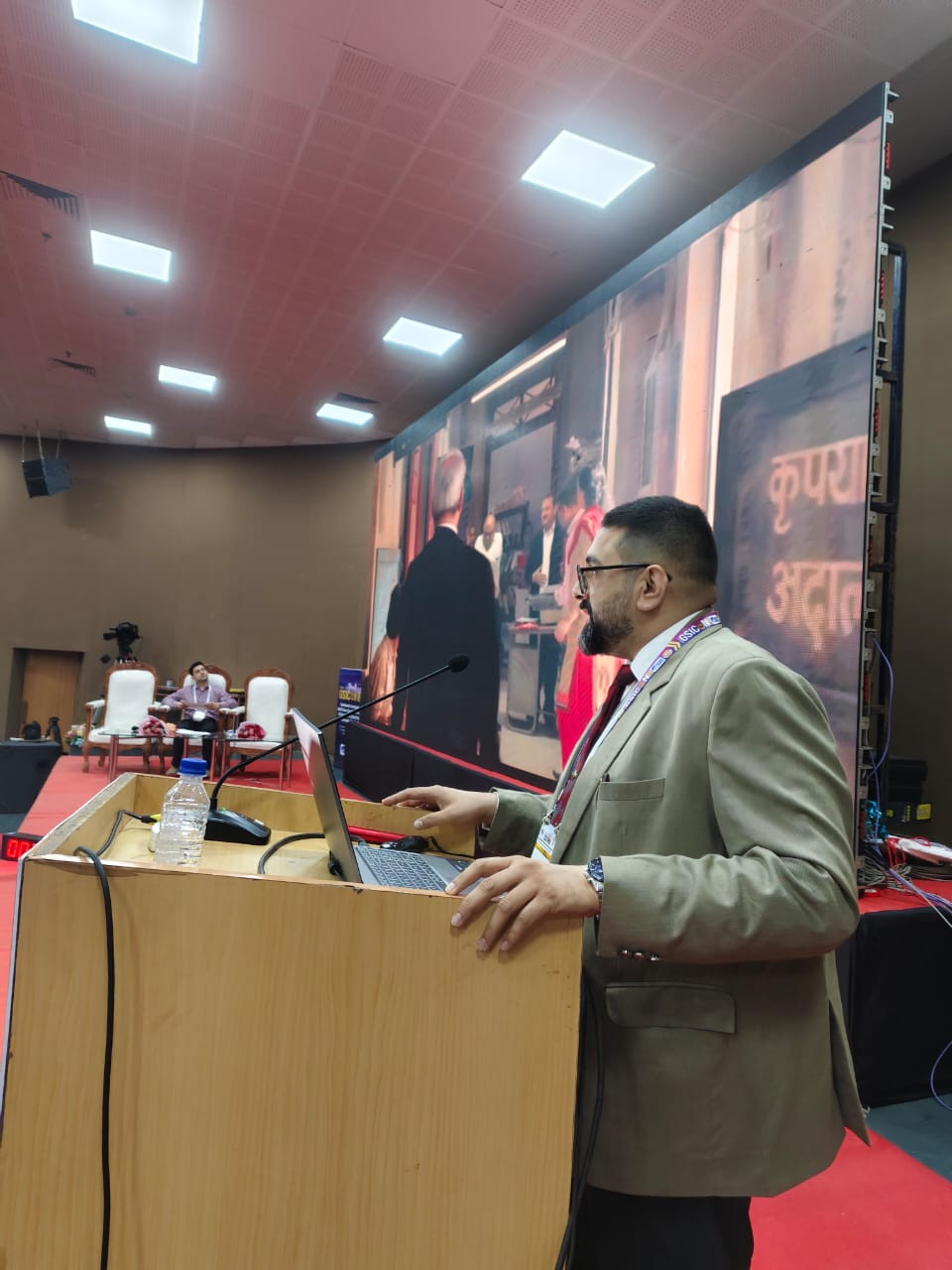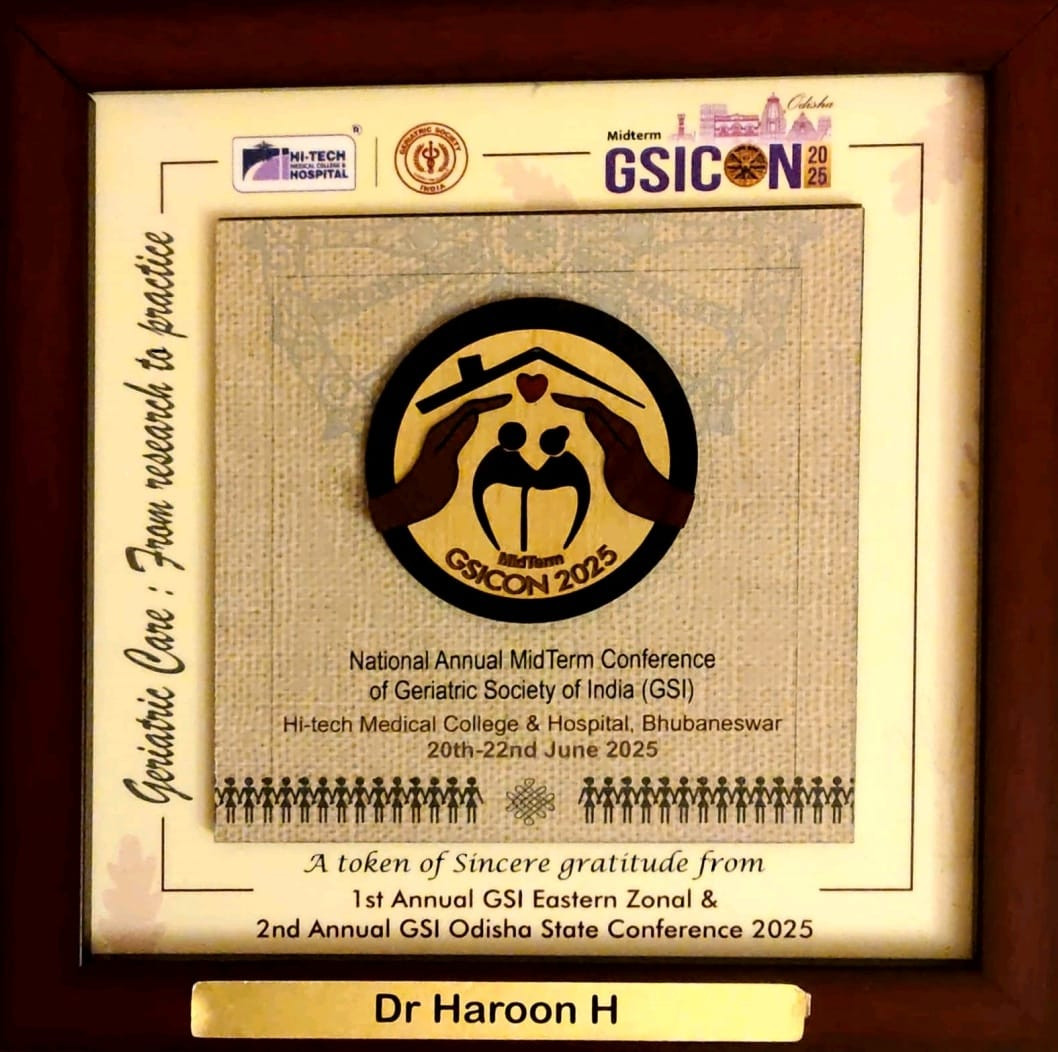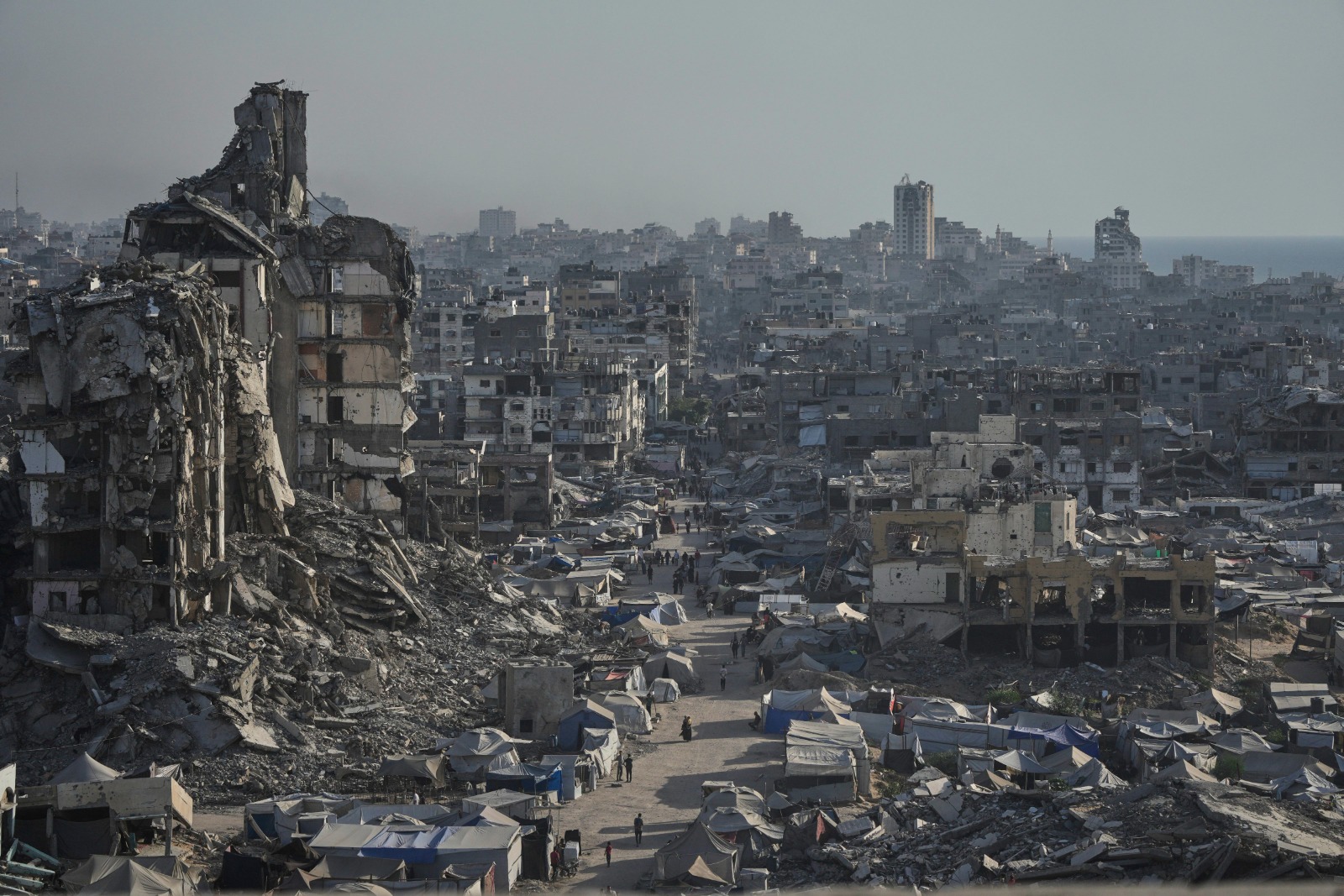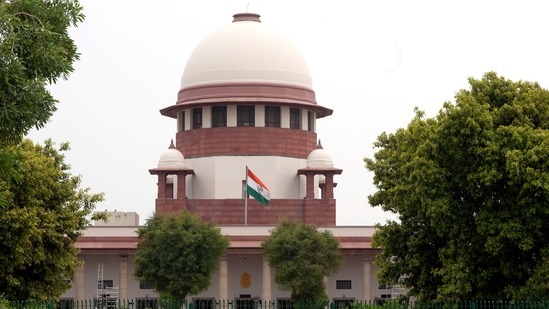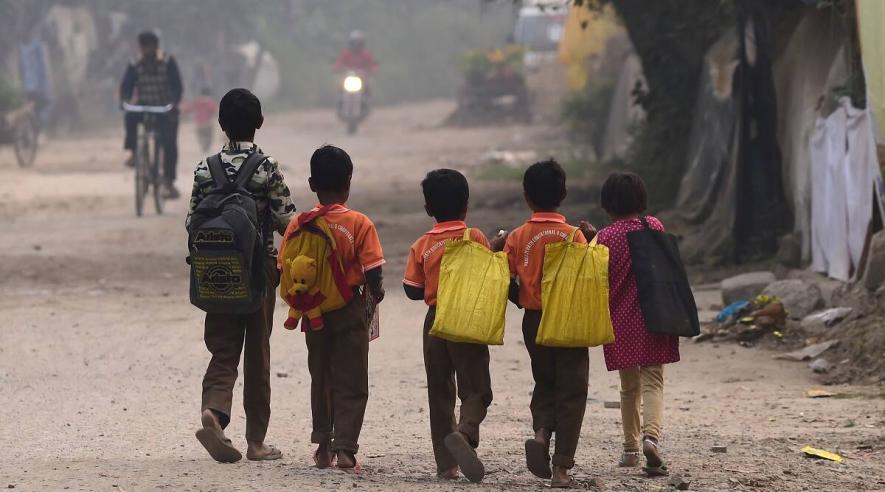Bhubaneswar: Dr Haroon Hussain, senior physician at the Department of Medicine, KMC Hospital, Mangaluru, addressed an important session on Medical Law and Ethics at the National Midterm Conference of the Geriatric Society of India (GSI) held recently in Bhubaneswar between 20-22 June, 2025.
The Geriatric Society of India is a professional organisation working towards improving the health and care of elderly people across the country. The midterm conference served as a platform for medical professionals and experts from different parts of India to discuss and deliberate on challenges and advancements in geriatric care.
During his address, Dr Haroon shed light on the sensitive yet significant topic of end-of-life care. He began by highlighting the complex socio-cultural landscape in India, where even initiating conversations around death is often considered taboo or viewed as apa-shagun (inauspicious).
“While death is an event, dying is a process that takes place while one is still alive. The experiences of patients in this phase, and the emotional journey of their family members, can have long-lasting psychological and social impacts,” he noted.
Dr Haroon stressed the importance of advance care planning, explaining that it is not just a matter of signing a document, but rather an ongoing dialogue. “It is a process involving multiple discussions between the patient, family members, and healthcare professionals to empower patients to make informed decisions about their future medical care,” he said.
He also highlighted the ethical principles that guide end-of-life decisions, including autonomy (the patient's right to make informed choices), beneficence (acting in the patient’s best interest), non-maleficence (doing no harm), and justice (fair and equal treatment).
Touching on the legal aspects, Dr Haroon referred to the landmark 2018 Supreme Court judgement in the Common Cause vs Union of India case, which legally recognised the concept of a ‘Living Will’ or Advance Medical Directive (AMD). This judgment laid the foundation for patients to express their wishes in advance about the kind of medical treatment they would want, or refuse, in case they become terminally ill or unable tox communicate.
The Supreme Court’s guidelines were further simplified through procedural amendments in 2023. As per the law, hospitals are required to set up a Primary Medical Board (PMB) comprising the treating doctor and two senior medical experts to review any case where life-sustaining treatment may be withheld or withdrawn.
A Secondary Medical Board, including three medical experts (one of whom is appointed by the District Medical Officer), must also evaluate the patient’s condition and give its decision within 48 hours. Once both boards and the patient’s surrogate decision-maker reach a consensus, the decision is documented and communicated to the local Judicial Magistrate First Class (JMFC).
Dr Haroon emphasised that during this process, it is essential to respect the wishes mentioned in the Advance Medical Directive. “Treatments that are explicitly refused must not be forced upon the patient. Instead, the focus should shift to symptom control, comfort, and providing holistic palliative care,” he said.
Palliative care, according to him, should aim to relieve suffering while upholding the patient’s dignity, and must also address the psychological, social, emotional, and spiritual needs of both the patient and their caregivers. Grief counselling and family support form an important part of this care.
He concluded by stating that all of this is rooted in Article 21 of the Indian Constitution, which guarantees the right to life with dignity. “Respect for cultural and religious values is also vital in this journey,” he added.
It is worth noting that Karnataka became the first state in India to bring a structured legal mechanism into place for the implementation of Advance Directives.
Let the Truth be known. If you read VB and like VB, please be a VB Supporter and Help us deliver the Truth to one and all.
Gaza City: The director of Al-Shifa Hospital in northern Gaza, Dr. Muhammad Abu Salmiya, has issued an urgent warning regarding the spread of what he described as a “new virus” within the enclave, further straining the territory’s already devastated health system.
Dr. Abu Salmiya stated that the virus is presenting with symptoms including high fever, joint pain, runny nose, persistent cough, and prolonged diarrhea lasting more than a week. “We do not have tests to determine the cause of the virus,” he explained, noting that the outbreak is directly linked to deteriorating humanitarian conditions.
According to him, widespread malnutrition has weakened immunity levels among the population, while the absence of clean water, basic sanitation supplies, and the overcrowding of families in temporary shelters have created an environment conducive to the rapid spread of infections.
“The new virus is exacerbating the pressure on the exhausted health system,” Dr. Abu Salmiya added, highlighting that hospitals and medical facilities are struggling to cope with the surge in cases due to shortages of medicine, equipment, and trained staff.
The warning comes as the war in Gaza, described by Palestinian health authorities as a genocide, enters its 693rd day. Local reports estimate that at least 62,996 Palestinians have been killed since the beginning of Israel’s assault. Among them, 317 people are said to have died from starvation, a consequence of Israel’s blockade on the entry of humanitarian aid, including food and medical supplies.
Health experts have repeatedly cautioned that Gaza faces the risk of severe outbreaks of infectious diseases due to collapsed infrastructure, malnutrition, and the destruction of water and sanitation networks. International organizations have called for urgent medical assistance and unhindered humanitarian access to prevent further loss of life.
The emergence of this unidentified virus adds to the mounting health crisis in Gaza, where hospitals are already overwhelmed by war casualties and chronic shortages. Medical professionals warn that without immediate international intervention, the situation could spiral into a large-scale epidemic.

